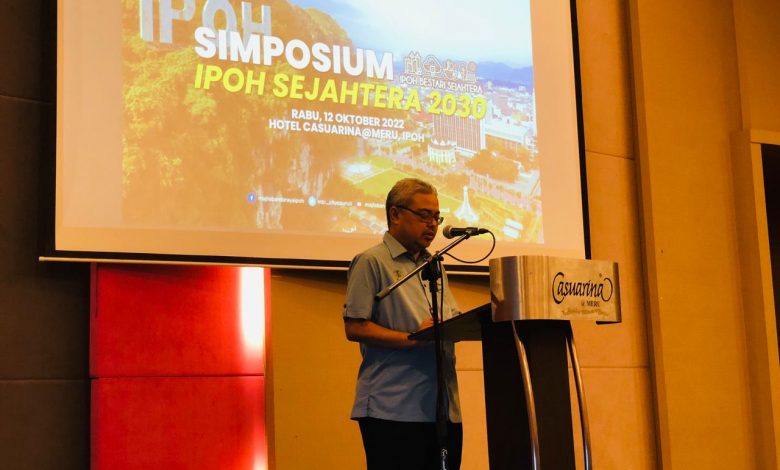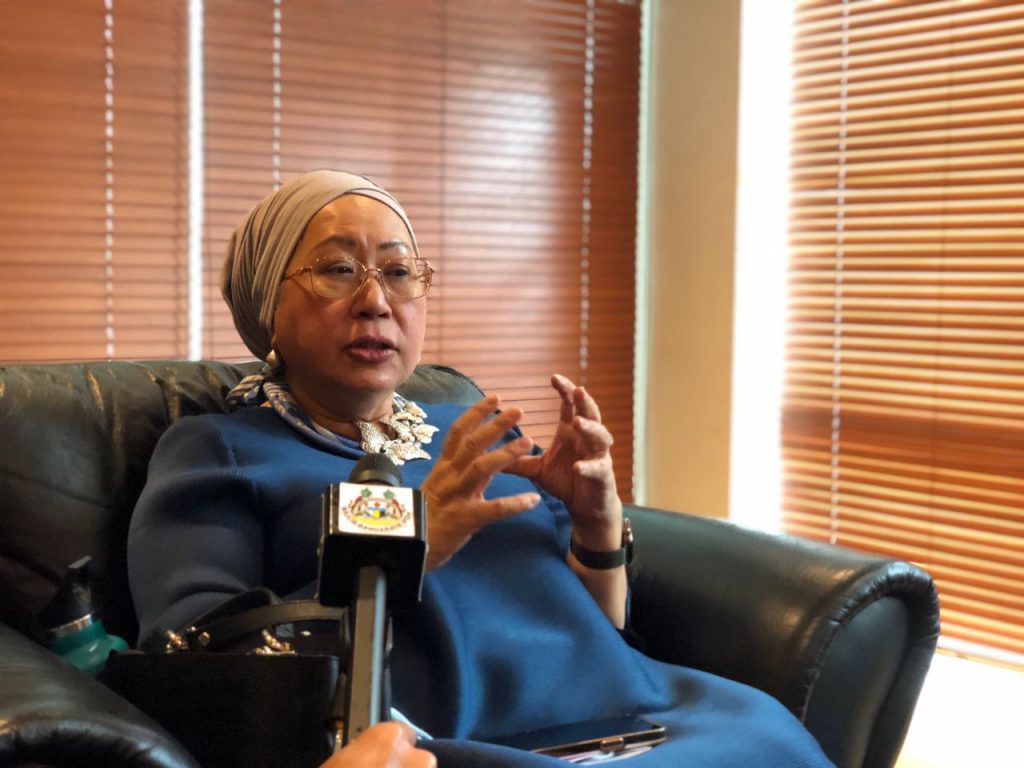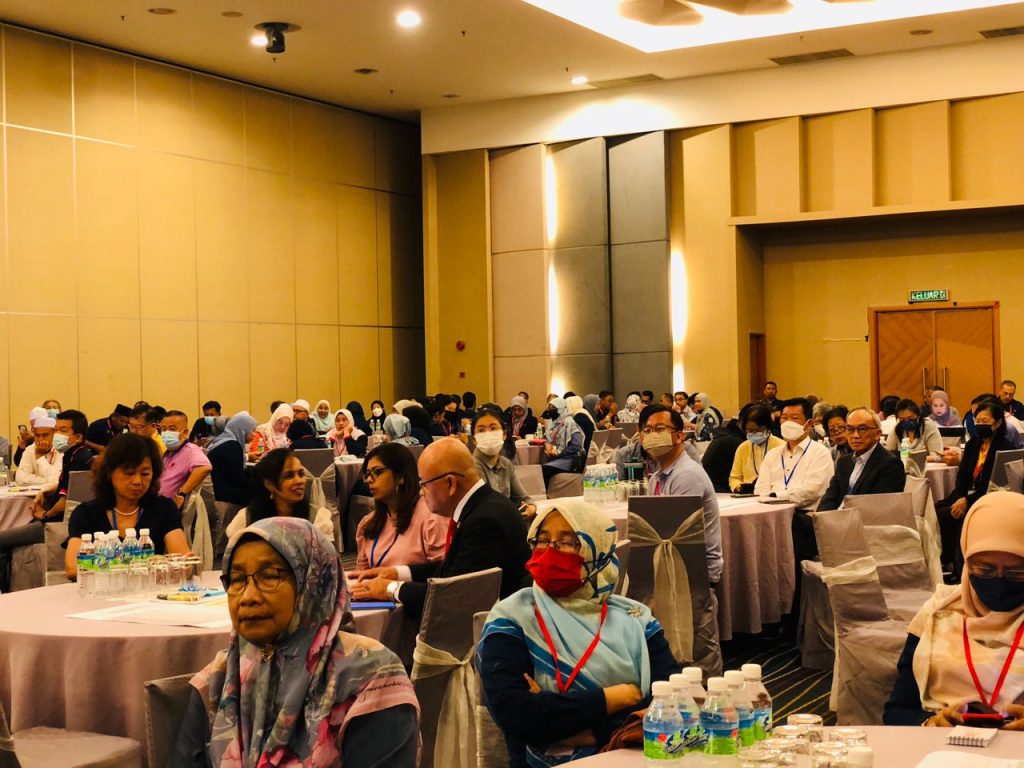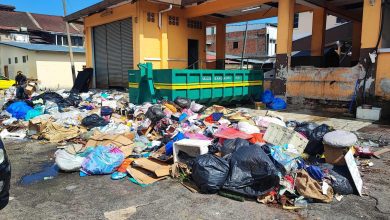Ipoh Is SuitableTo Become a Doughnut Economic City


The vastness of the city, its sustainable economy and the biodiversity in the city, are among the factors why Ipoh is suitable to be a pioneer Doughnut Economic City; the first in the Asian region.
Click on this link to read Ipoh Echo’s previous article which explains a bit on what is Doughnut Economics.


Sunway Centre For Planetary Health Malaysia’s Centre Executive Director, Tan Sri Dr. Jemilah Mahmood said, taking the approach previously taken by Amsterdam in applying the economic model, Ipoh is not far different in terms of population distribution.
Dr. Jemilah also said that the infrastructure that has been in place in the city all this time, to some extent, supports the possible realisation of Ipoh as the Doughnut Economic City by 2027.
“If we want to start a pilot project, we need leadership that supports the approach of building the economy, in terms of sustainability using the regenerative economy concept. It means a non-destructive economy that creates a more circular economy.
“Another factor is that Ipoh’s size is about the same as Amsterdam, which is the first pilot city in the world to use the doughnut economy city model. The population in Ipoh is about 750,000 while Amsterdam is about 800,000.
“Besides that, there is a lot of biodiversity in Ipoh, from hills to clean rivers. Economic activities must also go through the care of biodiversity.
“Ipoh is also a city between Kuala Lumpur and Penang, but has many challenges in terms of developing the economy and B40 people, so this is an opportunity to generate a new and inclusive economy,” he said.
She said this in a press conference after the Ipoh Prosperity 2030 Symposium on Wednesday.


Also present were the Mayor of Ipoh, Dato’ Rumaizi Baharin @ Md Daud, Chief Executive Officer of the Darul Ridzuan Institute (IDR), Dr. Maisarah Ahmad, Members of the Ipoh City Council (MBI) as well as representatives of various government and private agencies.
In the meantime, Dr. Jemilah, who is also a humanitarian activist for more than 20 years said, the economic model approach can be applied in all districts in the state in stages, not just centred in Ipoh.
“The situation of the COVID-19 pandemic that hit the world before can also be used as a driving force for us to create better development, especially for the environment.
“We don’t just do a project but we have to think about what it can contribute to the environment and social good here.
“After Ipoh, maybe we can move to Kuala Kangsar, Central Perak, Kampar and so on. After that, Perak can promote the concept of this economic model, which is relatively new and good.
“This economic model is more or less similar to other models such as circular and others, the difference is that other models do not take into account the boundaries of the natural world, we as humans have destroyed 83 percent of wildlife and more than 50 percent of plants,” she said.
Meanwhile, Rumaizi added that the event organised, was a workshop that brought together the main pillars of state departments and agencies in sharing ideas and opinions.
“This workshop is intended as a ‘programme refresher’ towards achieving Ipoh Doughnut Economic City 2027.
“The doughnut economic model will be used as the ‘dashboard’ of Prosperous Perak 2030, so that Perak does not go beyond the boundaries of the natural world, but rather emphasises economic, social and political balance in line with the goal,” he said.
by Rosli Mansor


